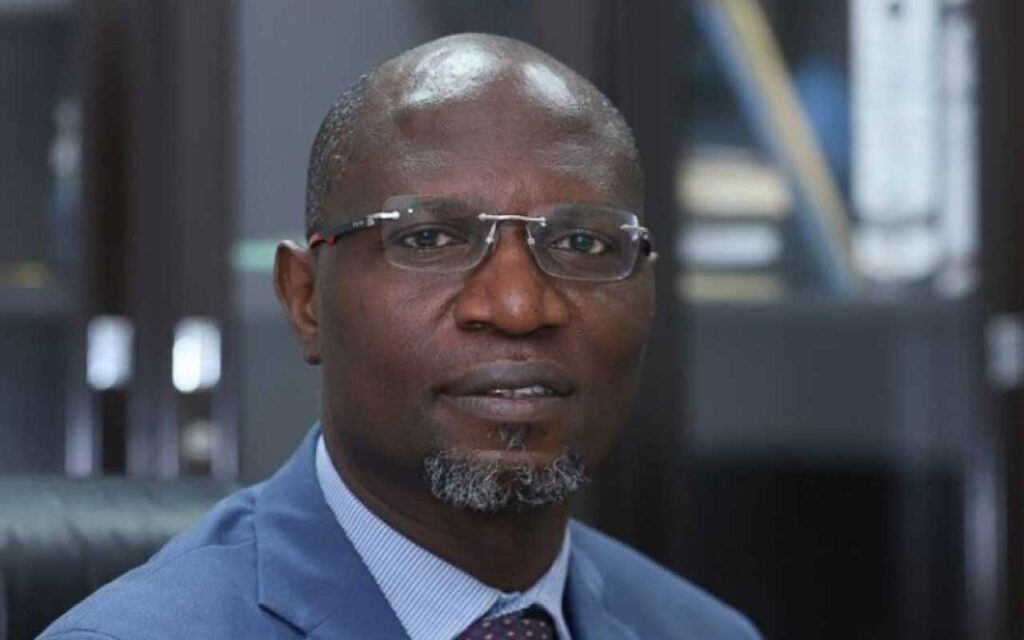
In a move to improve dairy production in the country, the Federal Executive Council (FEC), through the former Minister of Agriculture and Rural Development, Dr. Mohammad Abubakar, recently, approved the National Dairy Policy to guide the dairy sub-sectors’ value chain. The policy is meant to improve the sector’s productivity and local production, limit importation and encourage sustainable practices within the sector.
The Federal Government’s National Livestock Transformation Plan (NLTP), which has been in existence for the last few years, also has a backward integration plan to scale up milk production, improve pasture and dairy development among others in a bid to step up local dairy production.
On the World Milk Day marked globally last week, the permanent secretary of the Ministry of Agriculture and rural development, Dr. Ernest Umakhihe, reiterated that the dairy policy and backward integration plan by the Federal Government, was more imperative now than ever, to ensure local production and stop importation, adding that the ministry would continue to ensure collaborative efforts with all stakeholders in the industry to boost production nationwide.
As part of its backward integration plans to boost its local sourcing of raw milk locally for manufacturing, FrieslandCampina WAMCO (FCW) Nigeria Plc has a sustainable dairy development initiative currently running. Launched in 2010, this initiative has achieved significant milestones and developed new institutional capacities, policies and practices that benefit pastoralists, smallholder farmers and the dairy industry at large.
Through this initiative, FrieslandCampina Wamco says it aims to further expand milk collection and capacity, professionalise the local dairy sector, accelerate dairy development and build a sustainable dairy value chain.
FCW farm expert, Isaac Kamau, who oversees the company’s pasture farms at Maya and Fashola in Oyo state, pointed out that the firm’s pasture development programme has not only reduced incidents of farmers-herders clashes in the communities they operate in but has also provided total support and employment to thousands of herders and smallholder farmers across the country.
Already the highest off-taker of fresh milk produced locally in five states and looking to build upon this achievement while strengthening the future of dairy development in the country, FCW is also supporting local dairy farmers who supply raw milk used for production. Apart from reinvesting back into the country, supporting the government’s local content initiative and empowering the locals, the initiative is encouraging smallholder farming and discouraging open grazing, while building farmers’ capacity and helping them to reach bigger markets.
A milk collection manager at one of FCW’s Milk Collection Centres (MCC) in Maya, Balogun Kayode, disclosed that over 12,000 farmers have been trained across the country on modern methods of dairy farming. Adding that over five million litres of milk were collected and two billion Naira paid to smallholder farmers last year, he said the company intended to collect seven million litres this year.
“During peak periods (April-August), we collect about 10,000 litres of milk daily while during the off-peak period, (September-March), we get less than 4000 litres daily as a result of reduced pastures for animal feeding. We are also encouraging them to embrace smallholder farming, which goes a long way towards maintaining the peace between them and the crop farmers.
“They used to go as far as Ghana and the Benin Republic to search for food and water and that is why the milk volume was never constant. So, we are trying to support them by giving them pasture so they can ranch rather than graze,” he said.
He added that there are over 20 milk collection points (MCPs) across Kwara, Osun, Oyo and Ogun states while the MCCs are now eight – five in Oyo, one each in Kwara, Abuja and Ondo state. There is also a Milk Bulking Centre (MBC) in Iseyin, Oyo. The five centres in Oyo each have a capacity to warehouse 12,000 litres of milk per day, while all the collection centres receive an average 40, 000 litres during peak periods
A dairy farmer and owner of Genius Dairy Farms, Olatunde Moyosore Rafiu, is a beneficiary of FCW’s dairy development initiative. According to him, he used to rear cattle for meat alone but has now stepped up to include dairy production. He revealed that FCW’s investment in the dairy sector has supported him in producing more milk for domestic consumption, facilitated knowledge exchange and provided employment for many.
Revealing that he started 13 years ago with five acres, five cows and 1.5 litres of milk daily, he said the partnership with FCW has helped him to improve to 15 litres of milk per cow, daily.
“We were introduced to artificial insemination and crossbreeding with our local cows, thus improving their genetics so they can produce more milk. In 2013, we inseminated 10 cows and three successfully gave birth to crossbred calves. Now, we get 170 litres from 13 cows daily,” he said.
Rafiu, who is now on 30 acres of land, said his goal is to build a cluster with other farmers and turn the place into a dairy powerhouse that will contribute greatly towards milk production nationally. On challenges, he urged the government to put policies and infrastructure in place to improve the dairy sector.
“Cows eat a lot and one cow needs at least one hectare of land to feed yearly. Multiply that by hundreds of cows. There aren’t also sufficient vaccines in the country. In the past, we struggled to get Foot and Mouth Disease (FMD) and Lumpy Skin Disease (LSD) vaccines. But FCW and the Oyo State Government have partnered to help get us the LSD vaccine,” he said.
Two out of over 30 first generation Crossbreed Girolando calves are at his farms and according to him; they are a crossbreed of the ‘Milking Gir’ from Brazil and Holstein Friesian from the Netherlands, which he said are the next generation of dairy production in the country.













